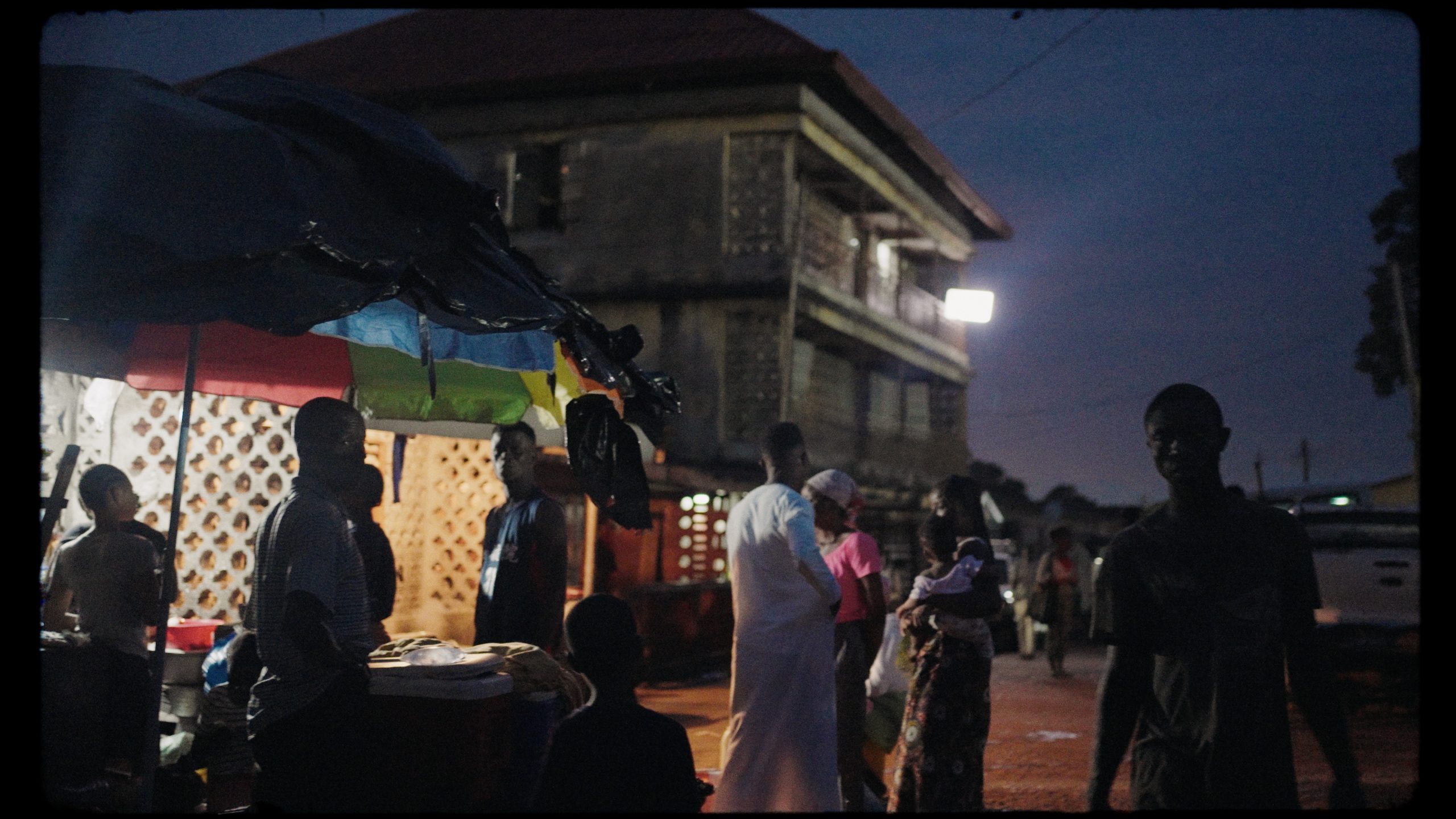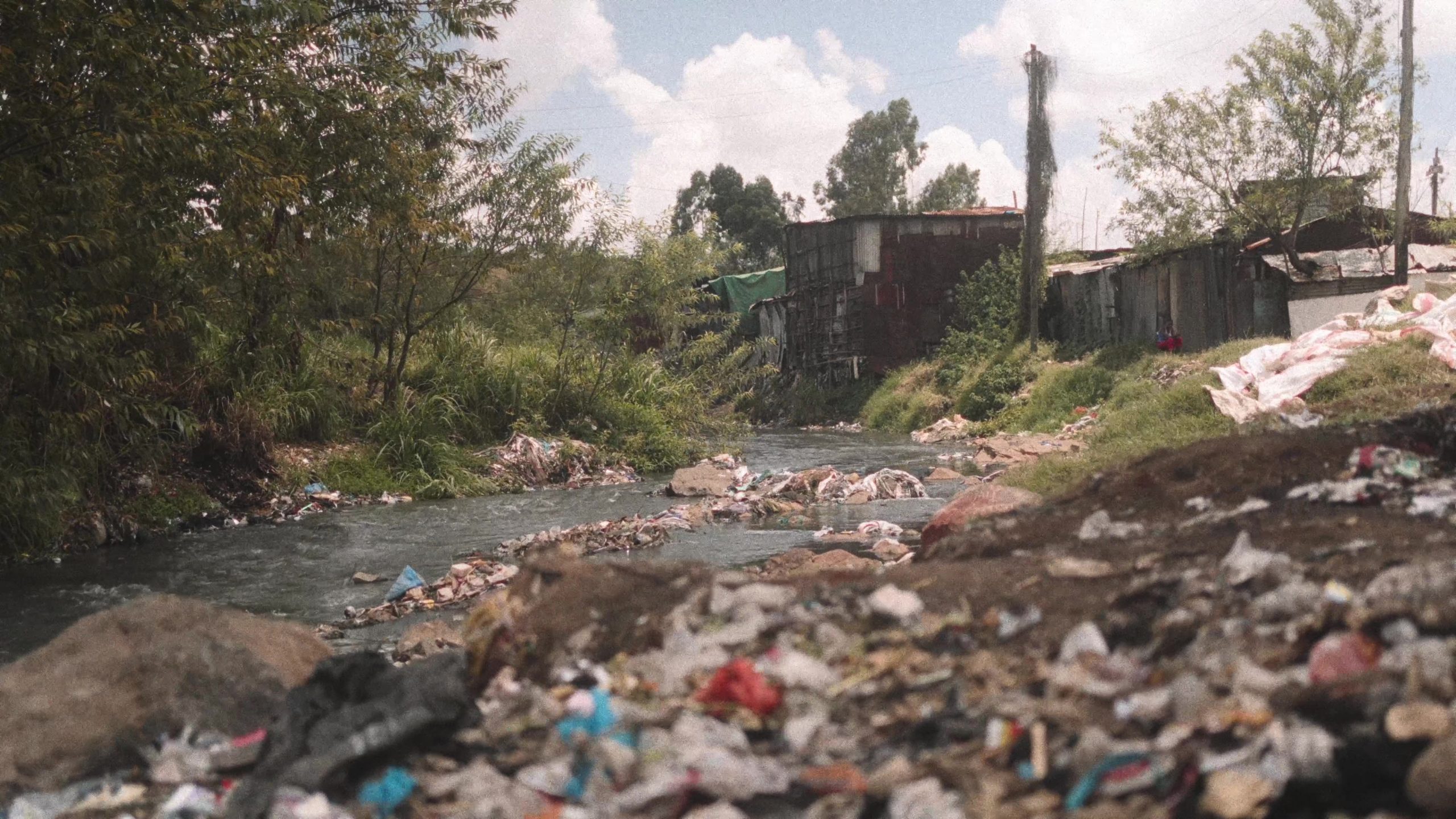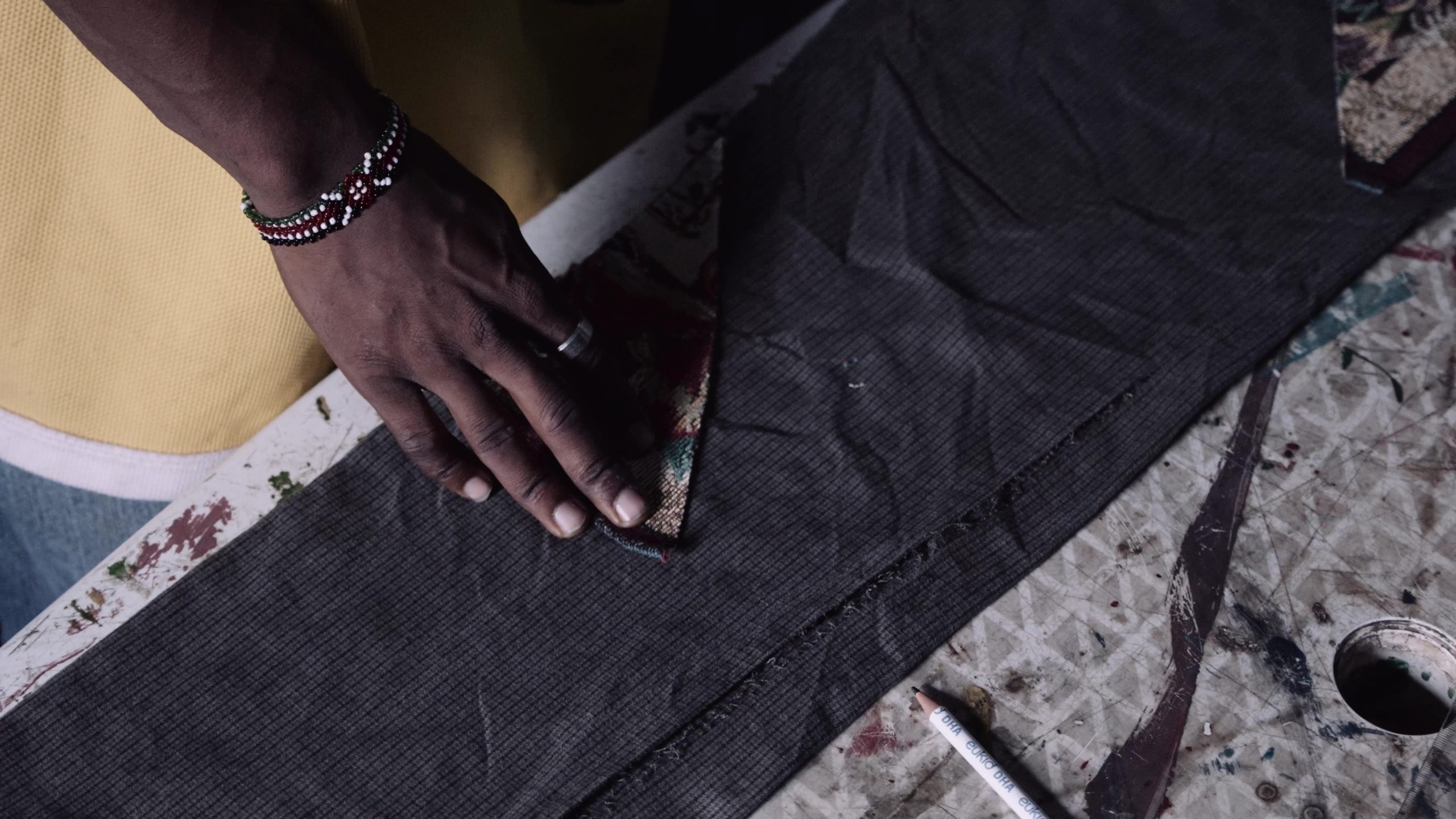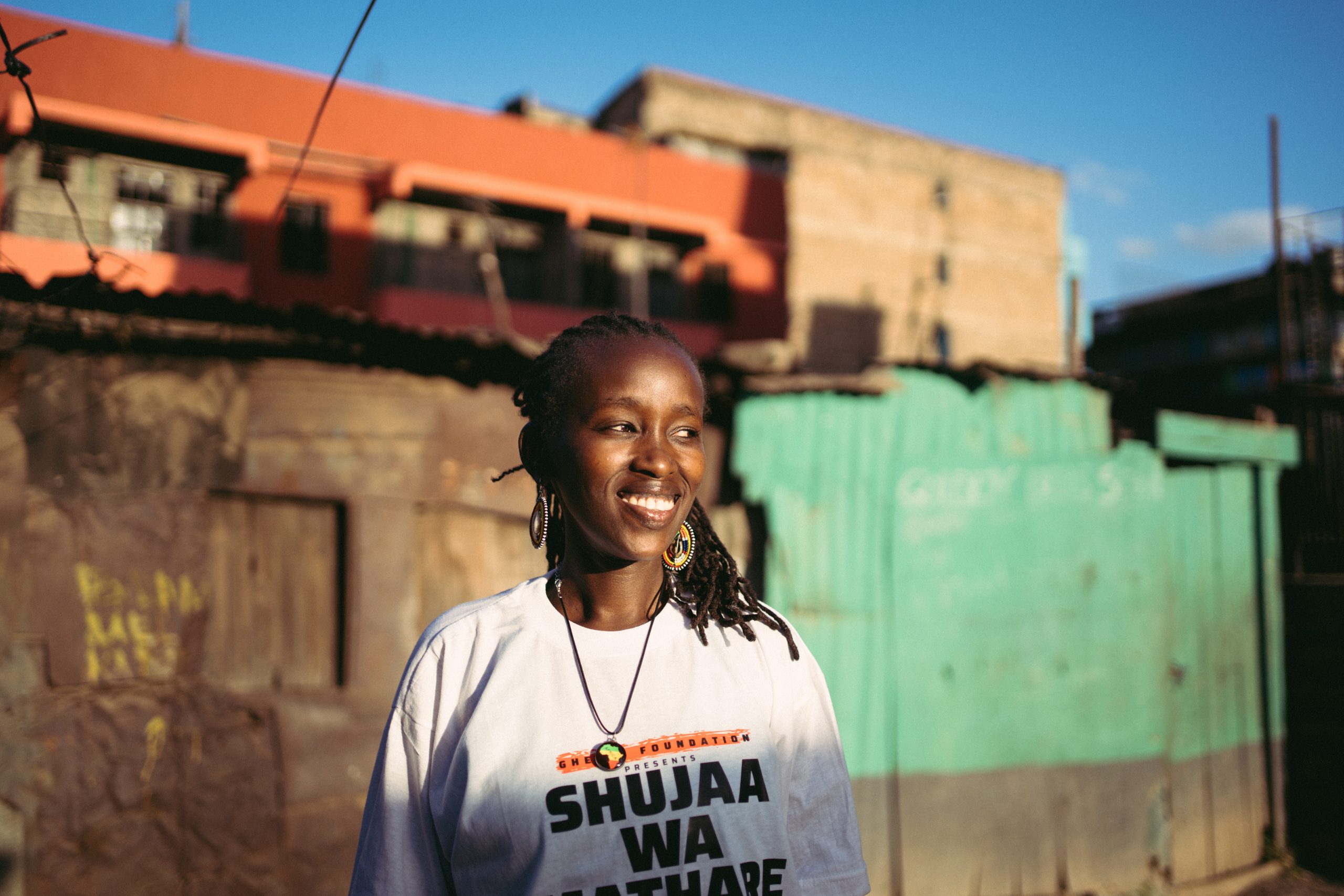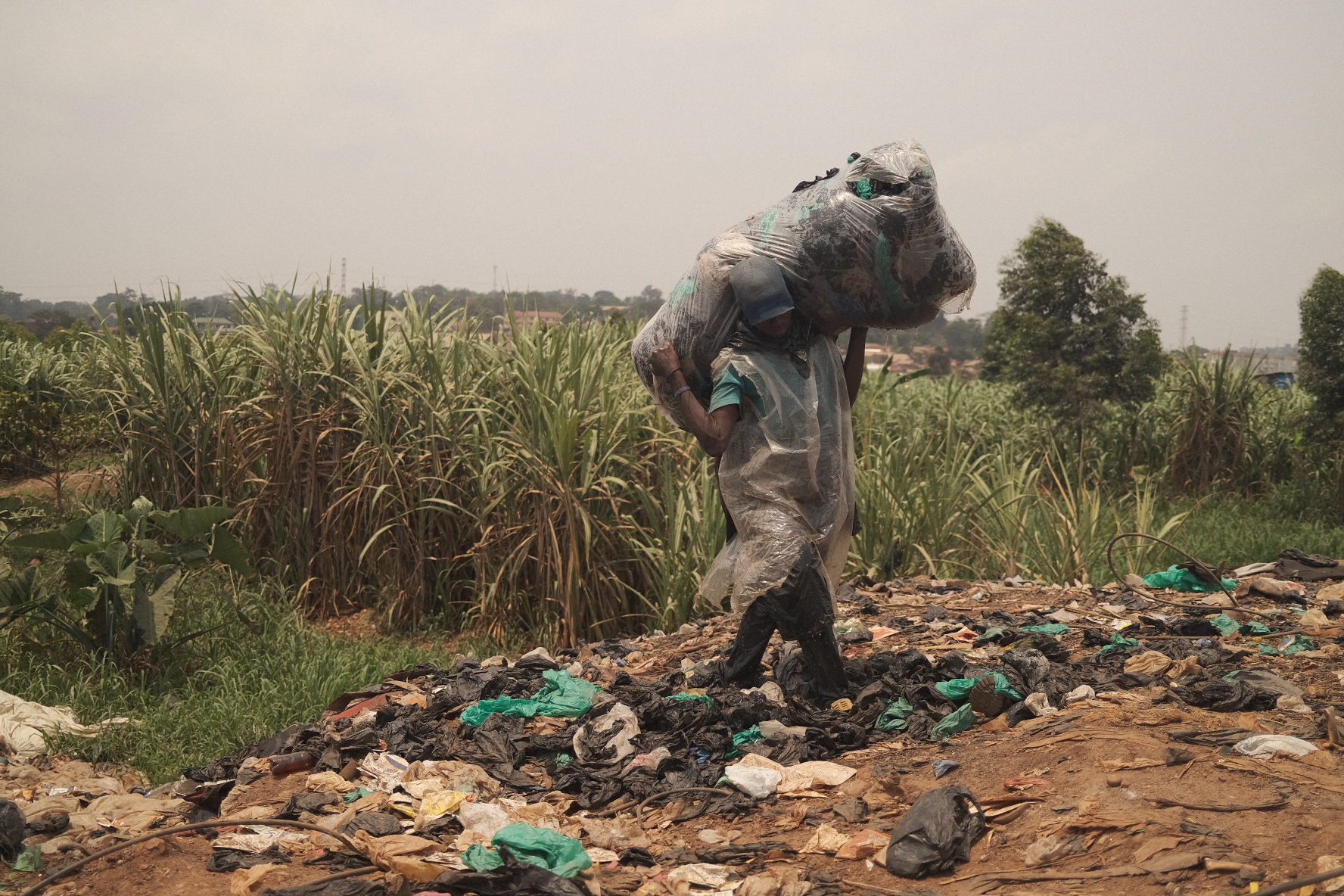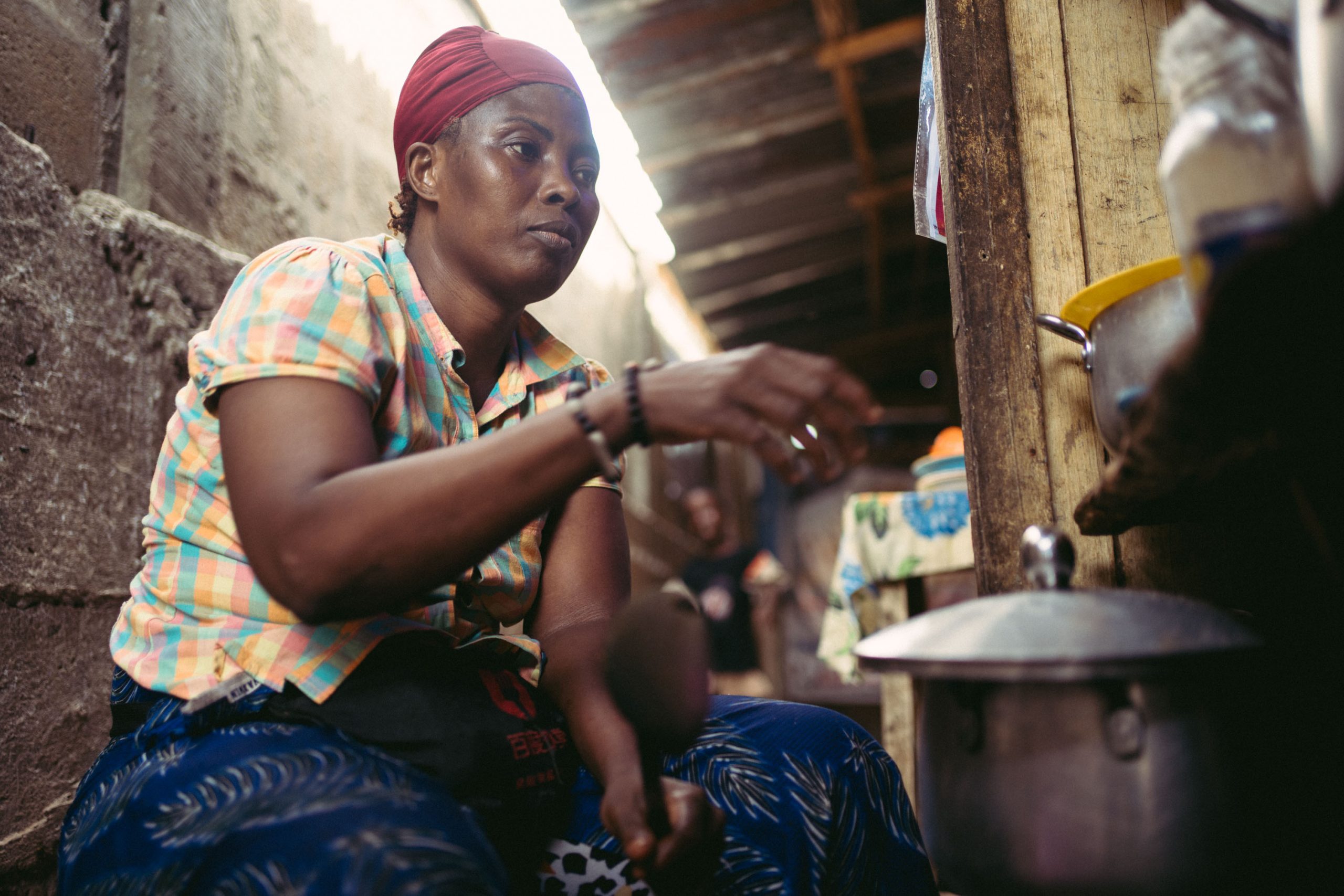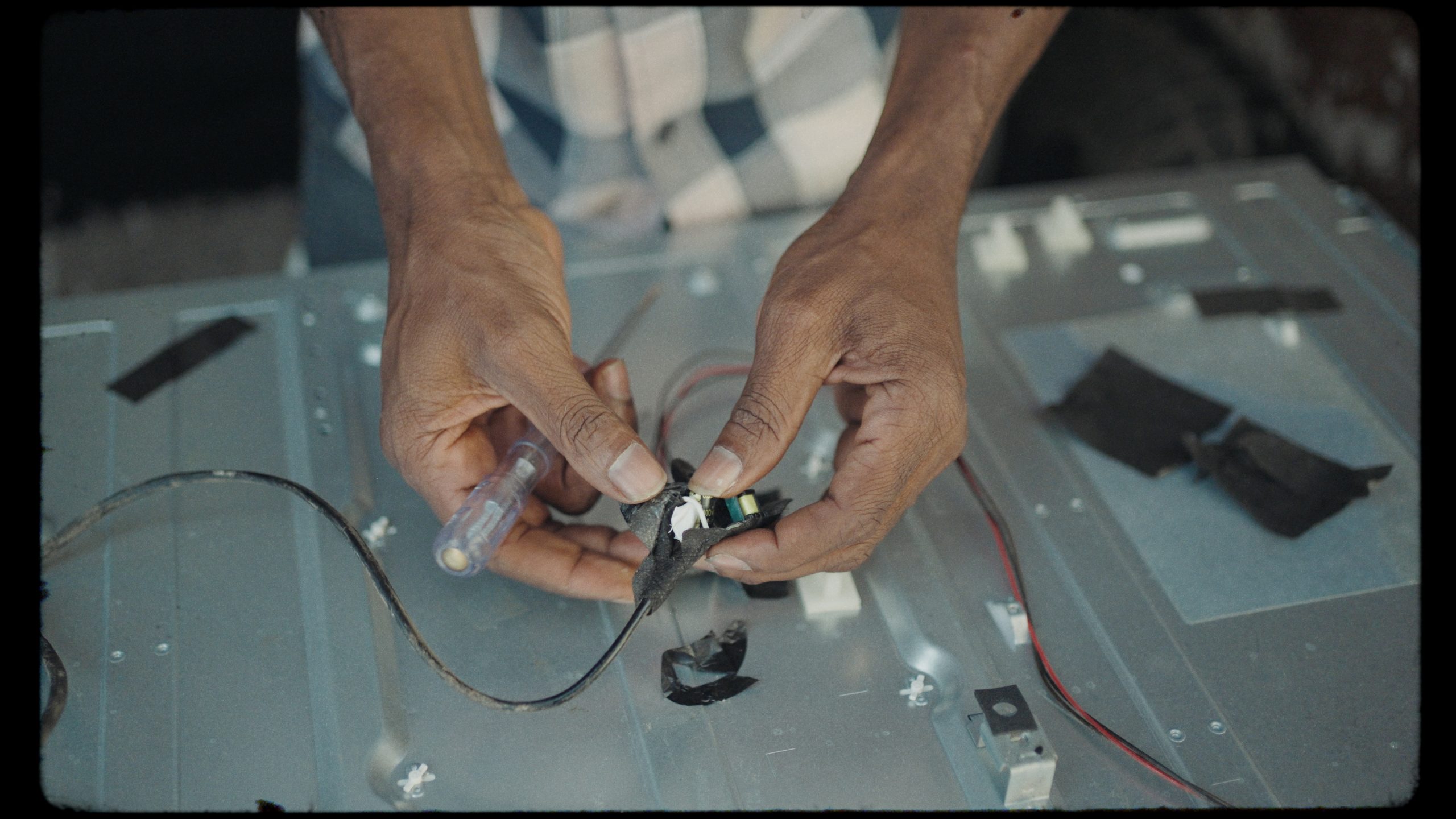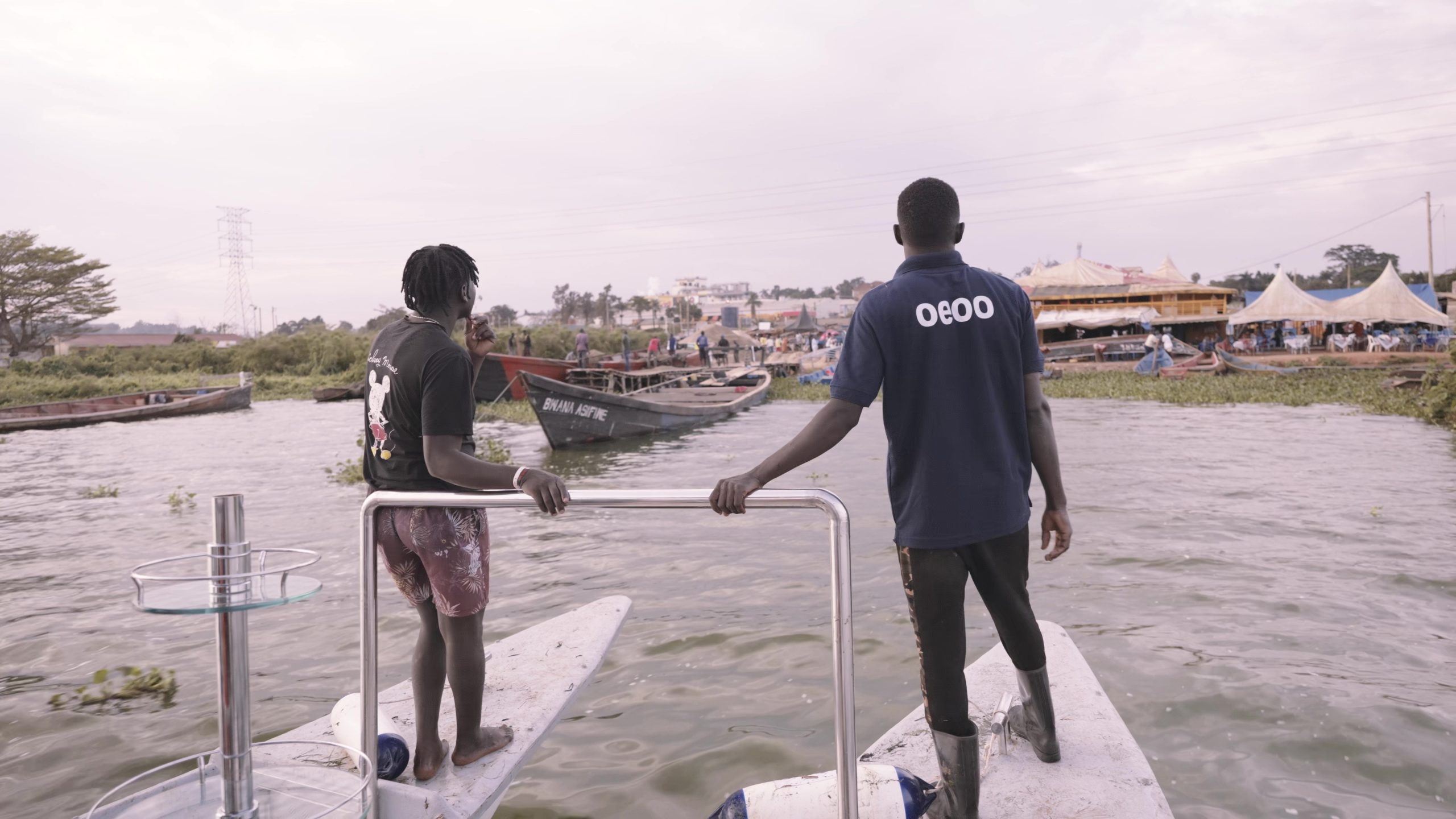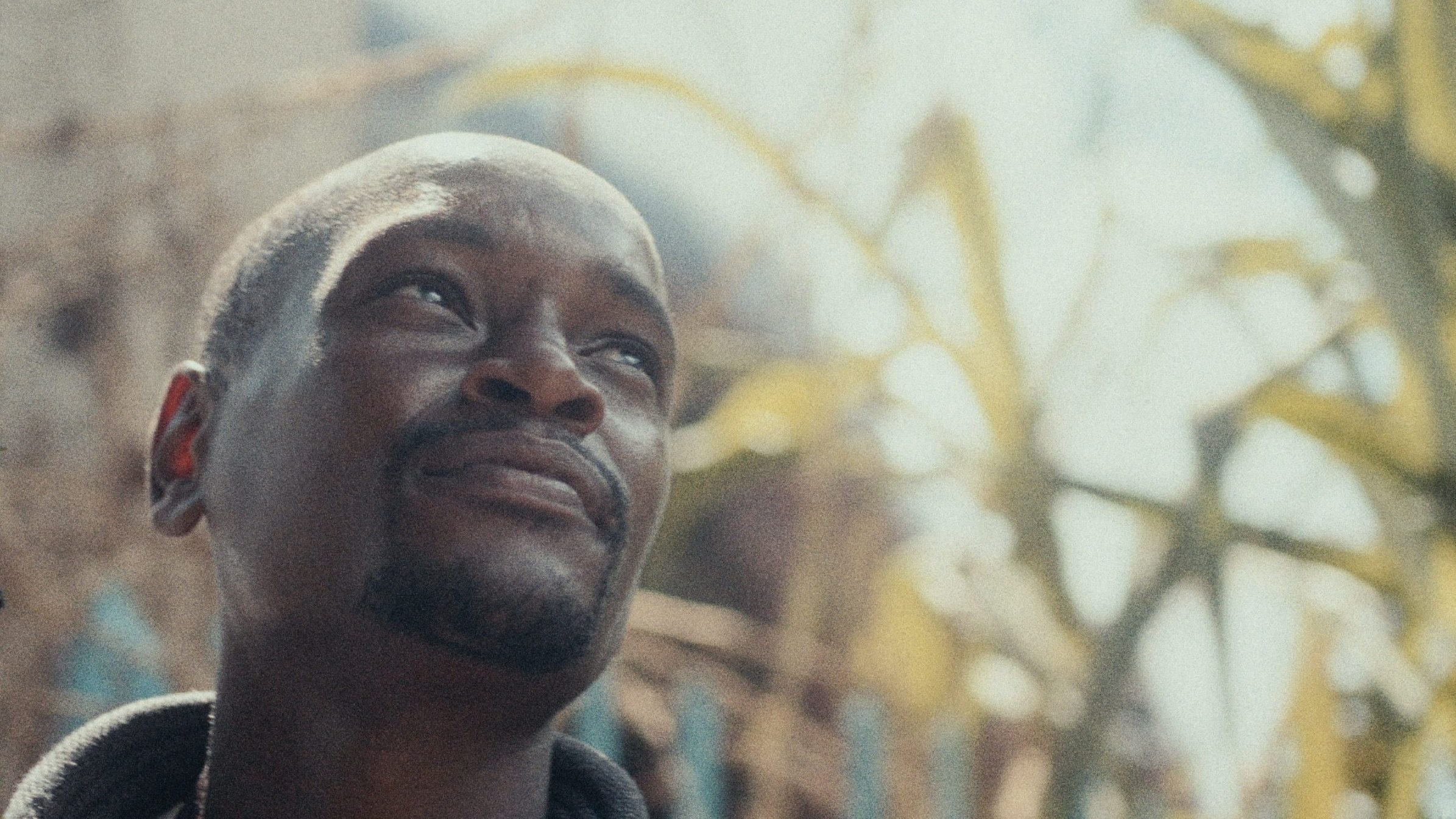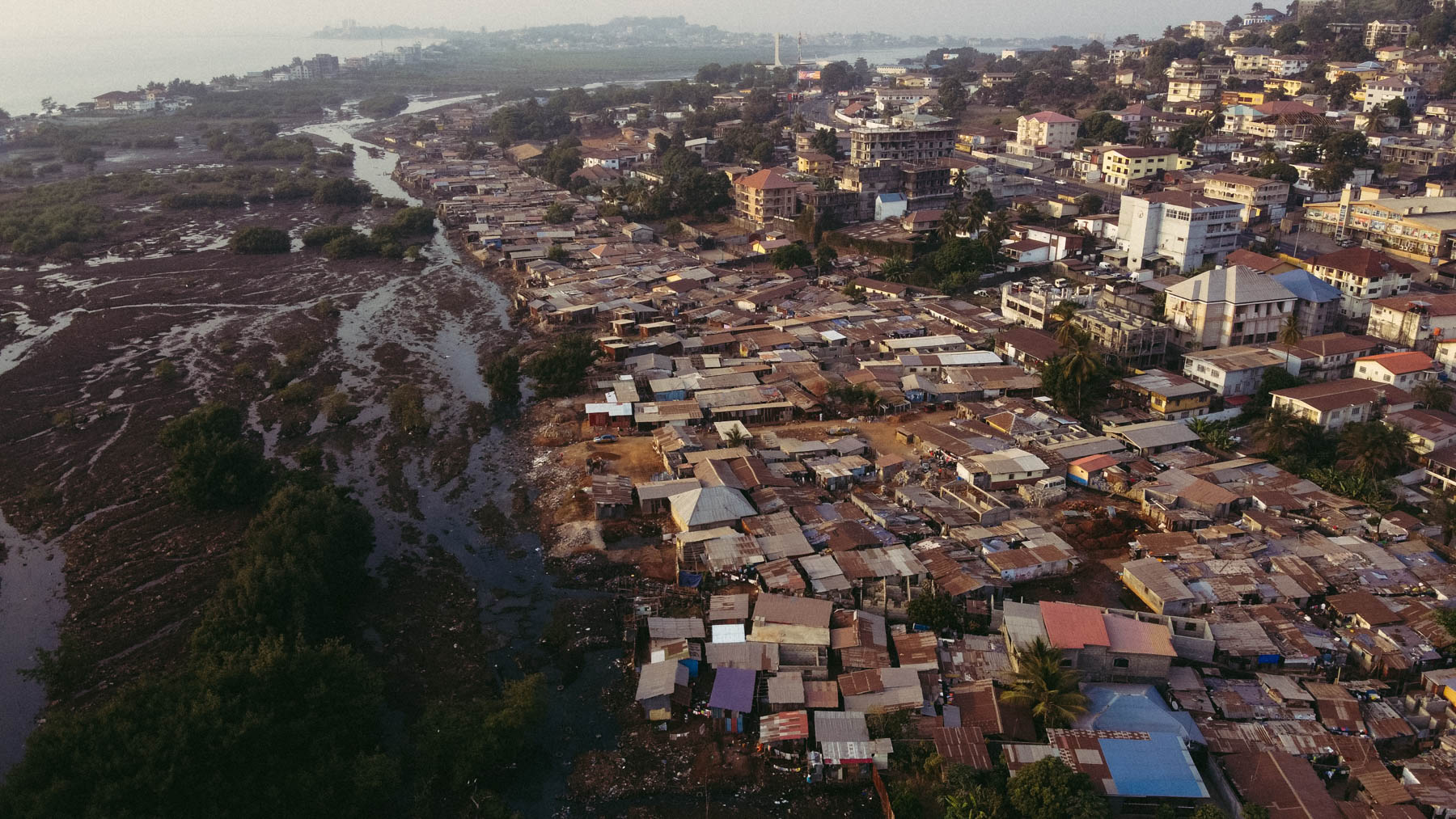
Imagine transforming Copenhagen’s metroline into a gateway for global change.
That’s exactly what the Metropolis project is doing, connecting 17 metro stations to the UN’s Sustainable Development Goals through an innovative blend of technology and storytelling.
In a world where sustainability can feel abstract and distant, Metropolis bridges the gap between local experiences and global challenges. Through a carefully crafted three-phase journey, students move from classroom learning to interactive station experiences, making sustainability tangible and personally relevant.
The project combines documentary storytelling with location-based learning, creating emotional connections that transform abstract global goals into concrete local actions. By linking familiar spaces with worldwide sustainability issues, Metropolis helps students see how their daily environment connects to broader global challenges.
Copenhagen's metro system is being used in a new way to teach students about sustainability. The project, developed through collaboration with educational experts, connects each of Copenhagen's 17 metro stations to one of the UN's Sustainable Development Goals (SDGs). This innovative approach transforms everyday neighborhood spaces into interactive learning environments, where students can explore global challenges through a local lens and their own experiences. By linking familiar metro stations with worldwide sustainability issues, the project makes abstract concepts tangible and relevant to students' daily lives.
Why the story matters
not on track to meet their target by 2030.
The project addresses several interconnected challenges in global development education:
First, there's the fundamental challenge of making global issues feel personally relevant to Copenhagen students. When sustainability challenges occur far from home - whether it's deforestation in the Amazon or water scarcity in Africa - students often struggle to see how these issues connect to their daily lives in Denmark.
Second, we face the challenge of bridging what we call the "empathy gap." Research shows that people tend to care most about what they can see and experience directly - their empathy typically extends only as far as their immediate environment. This makes it difficult to foster genuine concern for global challenges that feel distant and abstract.
Third, there's the educational challenge of creating learning experiences that truly resonate with students, particularly those in gymnasium and higher education. Traditional classroom-based approaches often fall short in engaging these students with complex global issues. They need more sophisticated, multi-layered learning experiences that respect their maturity while challenging their perspectives.
Finally, there's the challenge of connecting abstract global goals (like the UN's Sustainable Development Goals) with tangible, local realities. Students need to understand how these high-level objectives manifest in their own community while also grasping their global significance.
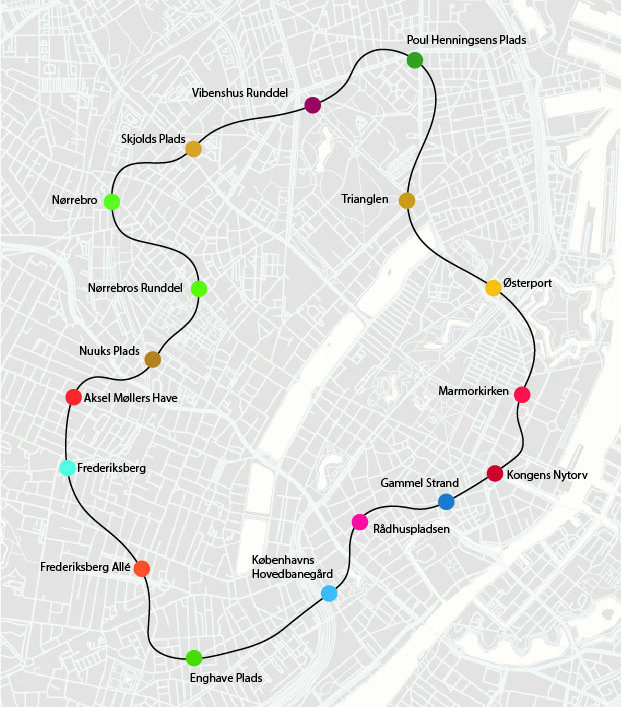
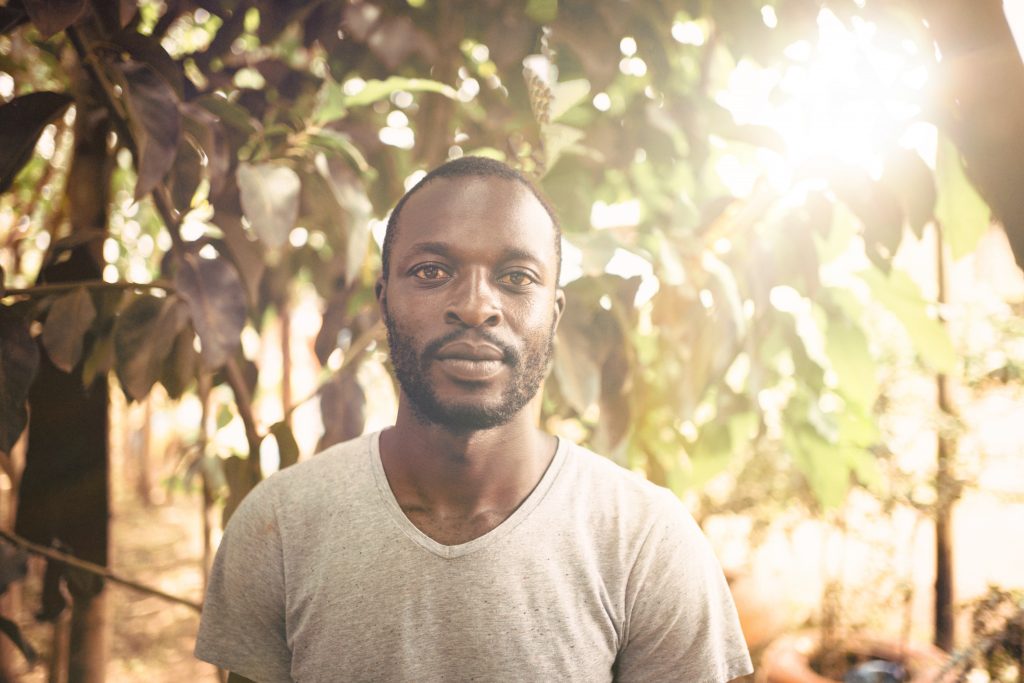
Our approach combines three interconnected learning phases designed to create a comprehensive educational experience. Students begin with structured classroom sessions where they learn about the SDGs through interactive discussions and multimedia presentations. Next, using our app experiences, students explore areas around Copenhagen's metro stations, where each station becomes a living laboratory for one SDG. They engage with local initiatives, gather data, and connect it with their own experiences. Finally, students return to the classroom to process their experiences through group discussions and creative projects. To strengthen the connections to the global perspective, we produced character driven documentary films featuring stories from both Copenhagen and international locations, demonstrating how similar sustainability challenges are addressed across different cultural contexts.
The project is entering its final stages with completion set for early 2025. All documentaries have been filmed and are in post-production, while we collaborate with local schools to fine-tune educational materials. The initiative successfully creates a unique blend of emotional, intellectual, and physical learning experiences that connect students' local environment with global sustainability challenges.
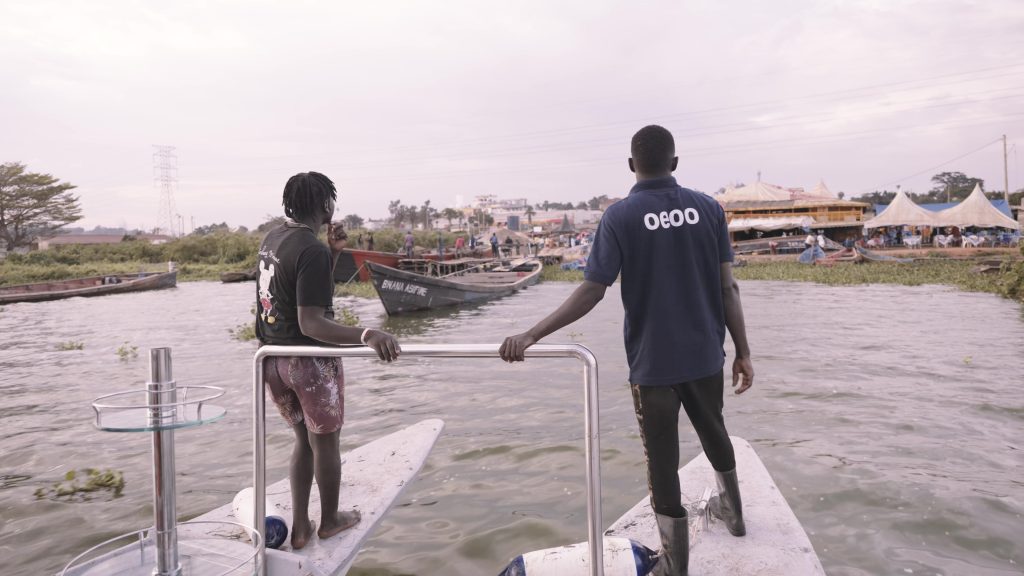
Documentary films play a crucial role in the Metropolis project by bringing global urban stories directly to the students. Through character-driven narratives from around the world, these films create emotional connections between their local experiences and global context.
- Production Year: 2021-2025
- Client: Dreamtown
- Role: Concept Development, Narrative Flow, Filming, Editing
